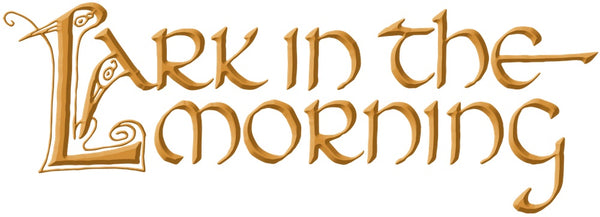News
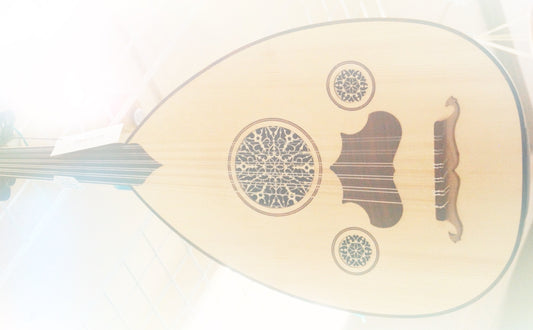
Ouds - History
The oud originated from the Persian instrument called a barbat or barbud, a lute indicated by Marcel-Dubois to be of likely Central Asian origin, with the earliest depictions found dating...
Ouds - History
The oud originated from the Persian instrument called a barbat or barbud, a lute indicated by Marcel-Dubois to be of likely Central Asian origin, with the earliest depictions found dating...
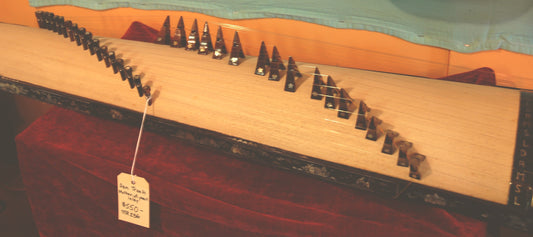
Zithers - History
The earliest known surviving instrument of the zither family is a Chinese guqin, a fretless instrument, found in the tomb of Marquis Yi of Zeng dating from 433 BC. Similar...
Zithers - History
The earliest known surviving instrument of the zither family is a Chinese guqin, a fretless instrument, found in the tomb of Marquis Yi of Zeng dating from 433 BC. Similar...
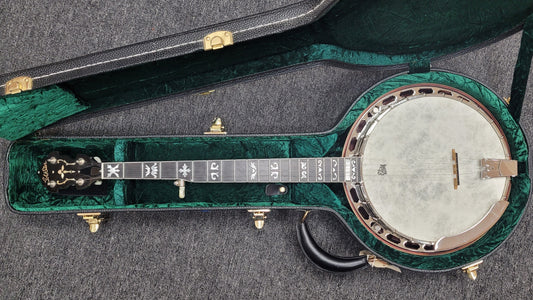
Banjo - History
The modern banjo derives from instruments that had been used in the Caribbean since the 17th century by enslaved people taken from West Africa. Written references to the banjo in...
Banjo - History
The modern banjo derives from instruments that had been used in the Caribbean since the 17th century by enslaved people taken from West Africa. Written references to the banjo in...
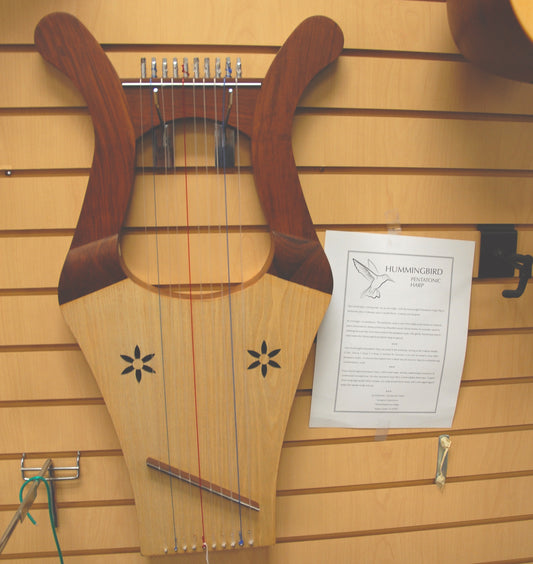
Lyre - History
The lyre of classical antiquity was ordinarily played by being strummed with a plectrum, like a guitar or a zither, rather than being plucked with the fingers as with a...
Lyre - History
The lyre of classical antiquity was ordinarily played by being strummed with a plectrum, like a guitar or a zither, rather than being plucked with the fingers as with a...
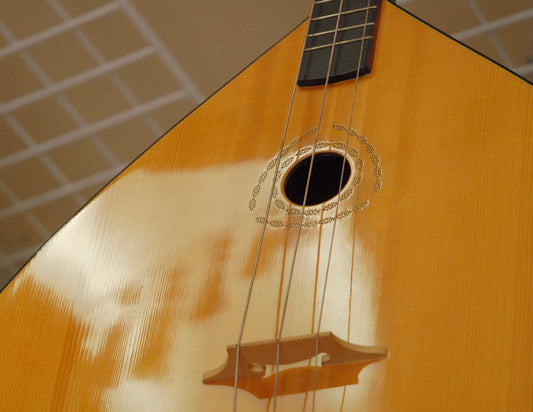
Balalaikas - History
The exact origins of the balalaika are unknown. However, it is commonly agreed that it descended from the domra, an instrument from the Caucasus region of Russia. There is also...
Balalaikas - History
The exact origins of the balalaika are unknown. However, it is commonly agreed that it descended from the domra, an instrument from the Caucasus region of Russia. There is also...
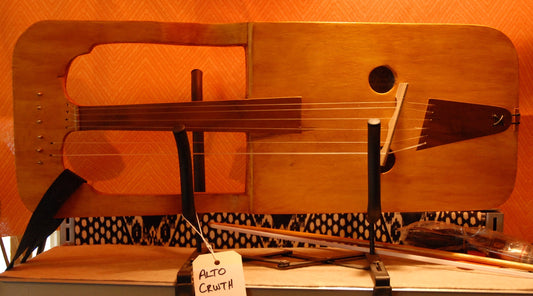
Crwth - History
The name crwth is originally a Welsh word, derived from a Proto-Celtic which refers to a swelling or bulging out, a pregnant appearance or a protuberance, and it is speculated...
Crwth - History
The name crwth is originally a Welsh word, derived from a Proto-Celtic which refers to a swelling or bulging out, a pregnant appearance or a protuberance, and it is speculated...
